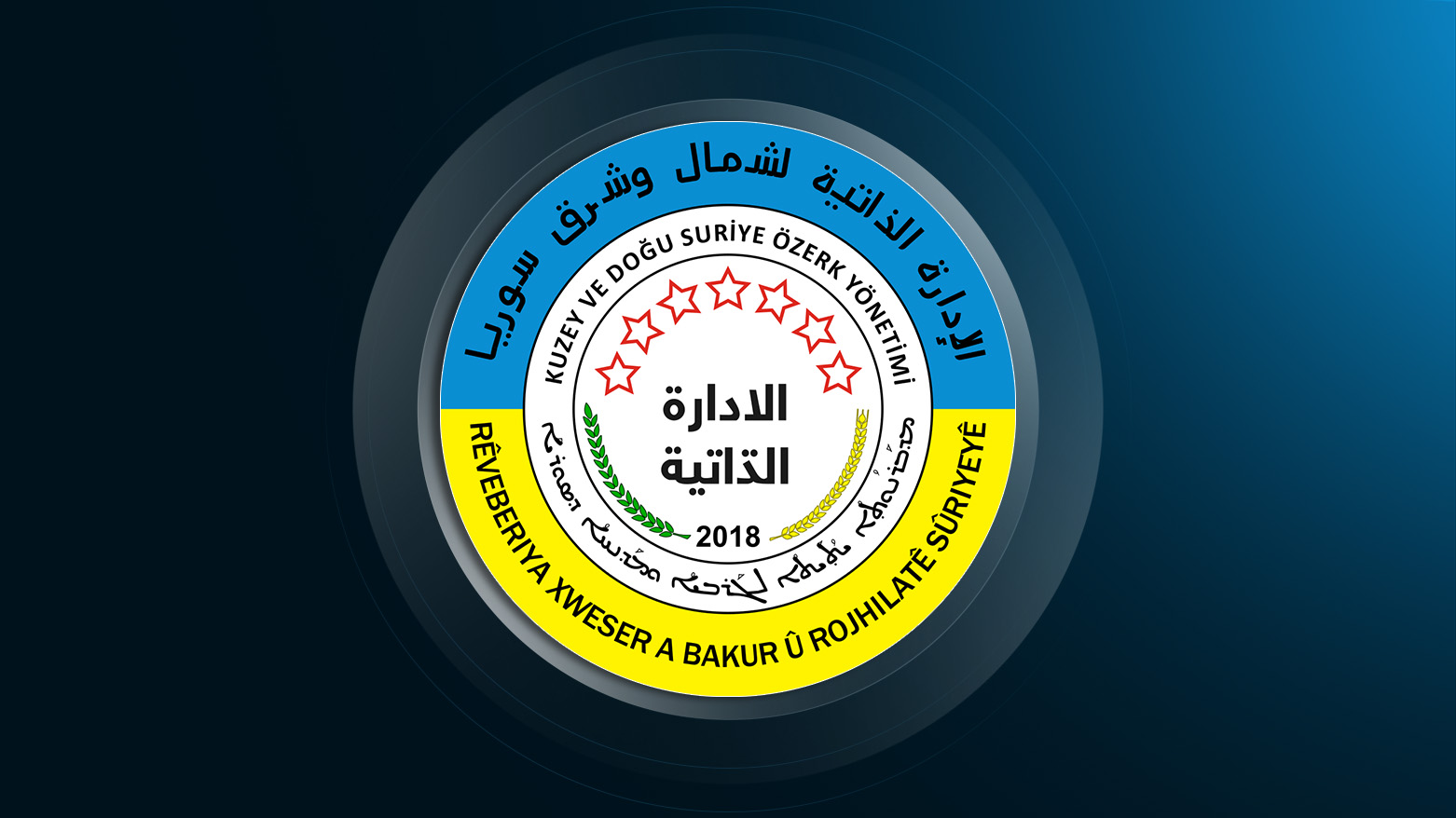AANES Rejects Upcoming Syrian Parliament Selections, Calls for Inclusive Political Process
“Syrians have sacrificed for true citizenship rights, foremost among them the right to free and fair candidacy and elections. Yet, we see history repeating itself, as this right is once again stripped away from all Syrians,” the statement said.

ERBIL (Kurdistan24) — The Autonomous Administration of North and East Syria (AANES) on Sunday condemned the Syrian government’s announcement of parliamentary selections, calling them neither democratic nor reflective of the Syrian people’s will. The administration argued that the selections continue a historical pattern of exclusion and marginalization under the Ba’ath regime.
In an official statement, the administration said that since the fall of the Assad regime, steps such as the National Dialogue Conference, the formation of the Interim Government, and the declaration of a new constitution have consistently contradicted the goals of the Syrian revolution.
“Syrians have sacrificed for true citizenship rights, foremost among them the right to free and fair candidacy and elections. Yet, we see history repeating itself, as this right is once again stripped away from all Syrians,” the statement said.
The administration criticized the parliament's selections for systematically excluding nearly half of the Syrian population, citing forced displacement and policies that prevent communities from participating in shaping the country’s future. It stressed that presenting such elections as democratic is misleading and fails to meet the requirements of a comprehensive political solution for Syria.
AANES also rejected claims that its regions are “unsafe,” which have been used to justify denying more than five million residents the right to vote. The statement highlighted that, comparatively, the region is among the safest in the country.
The administration emphasized that unilateral decisions taken by the central government in Damascus, which ignore the rights and sacrifices of all Syrian components, will neither concern the region nor be considered binding. It called on the international community and the United Nations not to recognize the selections, saying they contradict United Nations Security Council Resolution 2254.
The statement concluded by reaffirming the administration’s commitment to a democratic and inclusive political process: “The solution in Syria will not come through reproducing the same old policies, but rather through a comprehensive political process in which all Syrians, with their diverse components and free will, participate—leading to a democratic, pluralistic, and decentralized Syria that guarantees rights and opens horizons for peace and stability.”
The formation of Syria’s transitional parliament has faced delays in several regions, highlighting ongoing political and security challenges. The Druze-majority Sweida province, along with the Kurdish-held provinces of Raqa and Hasakeh, will postpone selecting members until conditions are deemed “appropriate and safe,” according to state officials.
Sweida has recently experienced deadly sectarian clashes, while much of Raqa and Hasakeh remains under the control of Kurdish-led administration, where tensions with Damascus persist despite a March agreement aimed at integrating Kurdish institutions into central government structures.
Under the interim system, two-thirds of the 210 parliamentary seats are to be selected by local bodies, with the president appointing the remainder. Critics argue that the process centralizes too much power in the hands of President Ahmed al-Sharaa and inadequately represents Syria’s complex ethnic and sectarian communities, raising questions about the inclusivity and legitimacy of the transitional legislature.
The Syrian government has recently launched a recruitment drive in Afrin, northern Syria, targeting young Kurdish and other minority men, including members of religious minorities, to join the country’s General Security forces. Afrin, once predominantly Kurdish, was captured in 2018 by Turkish-backed forces, leading to the displacement of tens of thousands of Kurds.
The initiative, encouraged by a U.N.-backed commission, aims to foster a more diverse security force and restore trust among minority communities, including Alawites, Druze, and Yazidis. While officials emphasize that recruitment is based on competence and patriotism rather than sectarian quotas, skepticism remains widespread.
Many displaced residents and local organizations warn that, without guarantees for voluntary and dignified return, the effort could exacerbate tensions and undermine fragile agreements between Damascus and Kurdish-led forces, leaving the local population cautious about the government’s intentions.
AANES, often referred to as "West Kurdistan", has operated as a semi-autonomous region since the outbreak of the Syrian civil war in 2011. The AANES has established its own governance structures, security forces, and social policies, emphasizing decentralized authority, gender equality, and minority rights.
Since 2011, Syria has faced years of brutal conflict, resulting in millions of internally displaced persons and refugees abroad. Many regions, particularly those under government control, have been plagued by violence, economic collapse, and political repression. The Assad regime has historically maintained strict control over political participation, with opposition voices frequently suppressed, prompting criticism from international organizations and human rights groups.
The announcement of parliamentary selection by the government in Syria comes amid ongoing debates over the legitimacy of government institutions, the rights of displaced citizens, and the inclusion of Syria’s diverse ethnic and religious communities in decision-making. AANES has repeatedly rejected elections organized solely by Damascus, arguing that they fail to reflect the principles of democracy, equality, and free political expression that were central to the Syrian revolution.
The region’s stance highlights the broader challenge facing Syria: achieving a lasting political solution that includes all of the country’s communities and guarantees rights while ending decades of authoritarian rule.